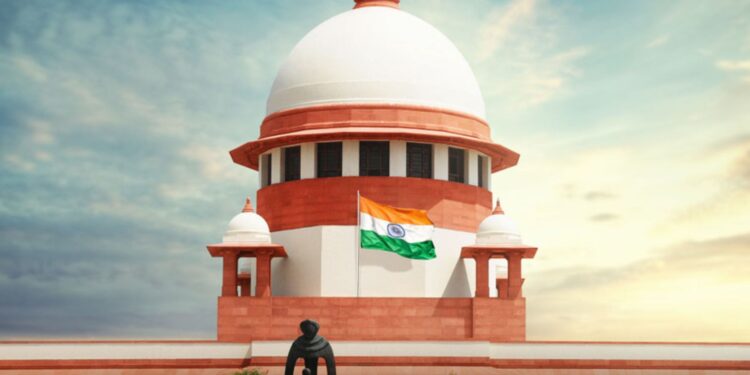The Supreme Court’s ongoing scrutiny of the Union Government’s delay in appointing candidates with disabilities to civil services underscores a significant issue regarding the implementation of the Persons with Disabilities (PwD) quota. Pankaj Kumar Srivastava, a visually impaired candidate who cleared the Civil Services Examination in 2008, has been embroiled in legal battles for over a decade. Despite clearing all stages of the examination, Srivastava and other candidates with disabilities have faced continued delays in appointment, even as several vacancies remain unfilled under the PwD quota.
In its July 8 judgment, the Court directed the Centre to appoint Srivastava and other candidates who ranked above him in the merit list, to positions that had been reserved for PwD candidates. However, despite months passing since this ruling, the Department of Personnel and Training (DoPT) failed to issue appointment orders. The Court expressed its frustration with this inaction, warning that the Secretary of DoPT would face contempt charges if the orders were not complied with by December 19.
The case highlights a pattern of delay and neglect that has plagued Srivastava’s pursuit of justice. Since filing a petition in 2009, he has been involved in a series of legal proceedings, culminating in the Supreme Court’s intervention. Although the Delhi High Court and the Central Administrative Tribunal (CAT) had ruled in his favour, the Union Government appealed, continuing to delay his appointment. Even though the vacancies remain, the Union Government’s persistent failure to act led to the contempt notice being issued.
The Court’s decision to involve the Secretary of DoPT personally, through video conferencing, reflects the seriousness with which it is treating the matter. Justice Oka, visibly upset by the lack of action, noted, “Every day we are seeing how the Union is delaying the appointments of persons with disabilities. This is not acceptable.” The Court emphasized that Srivastava had been fighting for over a decade, and this prolonged delay could no longer be tolerated.
In defence, the DoPT argued that the candidates would be examined by the 2008 rules and appointments would be made accordingly. However, the Court rejected this explanation, deeming the department’s actions as inadequate. The Court pointed out that the Union Government had failed to comply with its earlier directions, which were meant to address the backlog of vacancies reserved for PWD candidates. By failing to fulfil its obligations, the Union Government was denying these candidates their rightful opportunity, perpetuating the discrimination they already face.
The case serves as a stark reminder of the government’s systemic failure to implement legislation meant to benefit marginalized communities. Srivastava’s case is not an isolated one, as many others with disabilities face similar challenges in securing appointments in government services, despite legal protections in place. The legal battle is emblematic of the broader struggle for equality and access faced by persons with disabilities in India.
The Court’s decision to impose a deadline for compliance is an attempt to hold the Union Government accountable for its non-compliance with judicial orders. The Court has also demanded that the DoPT provide a detailed report on actions taken against the petitioner and whether any disciplinary measures have been recommended for the delay.
As the matter is scheduled for further hearing on December 26, the Supreme Court’s intervention in this case may serve as a turning point in ensuring that the rights of persons with disabilities are upheld in the civil service recruitment process. The government’s failure to act in this case raises critical questions about its commitment to ensuring equitable opportunities for all citizens, including those with disabilities, and the ongoing struggle to provide meaningful enforcement of the PwD Act.

















